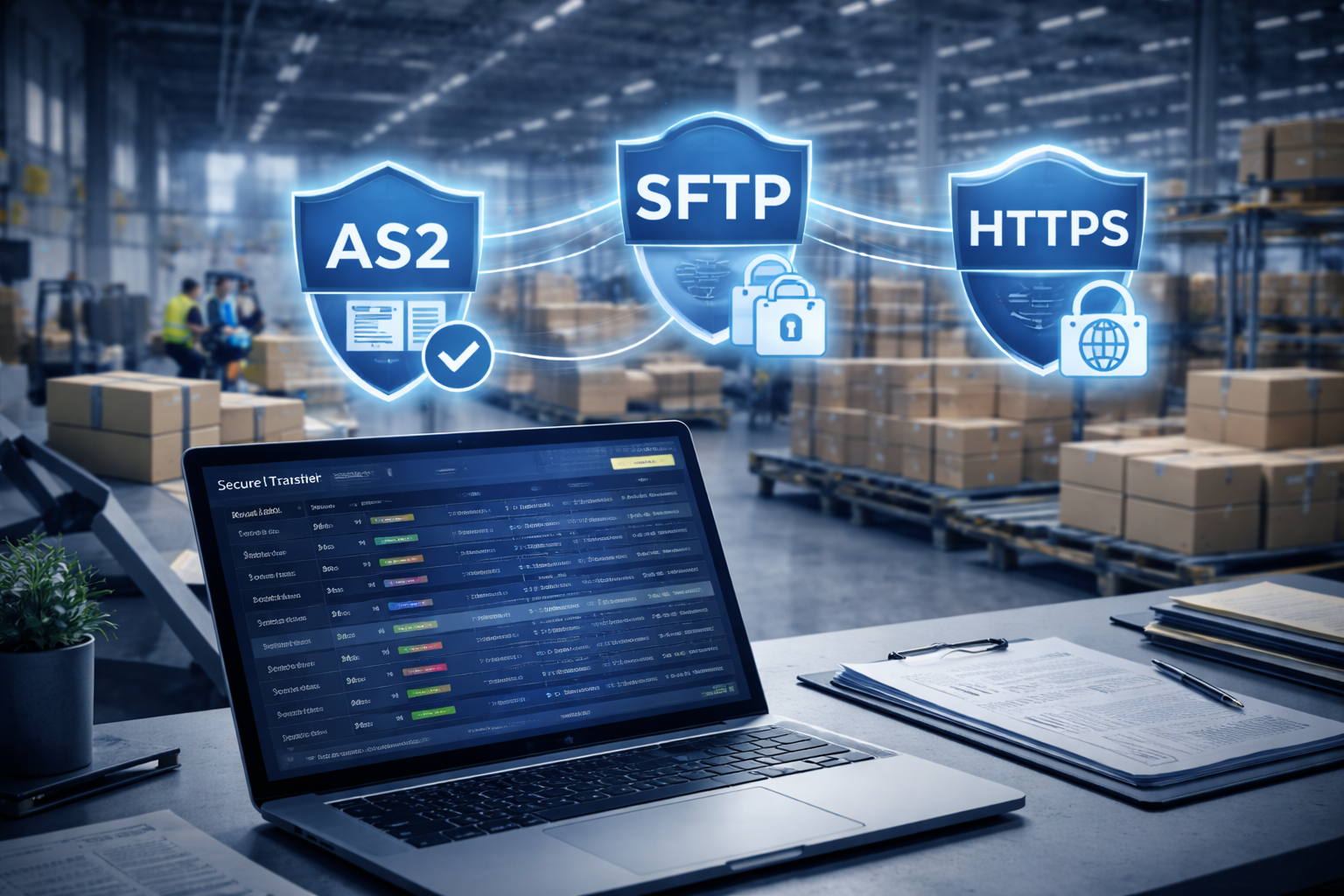
Regulations are a necessary, but often annoying, aspect of supply chain management that all businesses have to manage. However, keeping up with regulations and compliance requirements is becoming increasingly difficult as government agencies around the world continue to make changes.Modernization, transparency, safety, and security fuel most regulations. Most regulatory agencies are driving the transition from paper-based processes to digital systems to encourage international trade.Not only do digital systems make the supply chain more efficient, but they help tremendously with transparency and security. However, the goals of efficiency and security often conflict with each other because tighter security measures tend to slow things down – especially around nation borders. Regulatory agencies are under increased pressure to strike a balance.In this article, you will get a quick overview of several key regulatory changes in 2016 that affect your compliance. We've selected the regulations that will have the biggest impact on the logistics industry and supply chains in general.
U.S. Customs and Border Protection (CBP) have worked diligently for years to build this system. The goal is to have one portal that collects and transmits data on all imported goods. By using one digital system, ideally, imported goods will get to the commercial stream quicker, with less paperwork and manual labor.Importers can already file shipping documents electronically within ACE, but they must still file some documents in the older Automated Commercial System (ACS). Several deadlines will roll out in 2016 requiring industries to switch from ACS to ACE:
You can learn more about ACE here.
As of July 1, 2016, containers being loaded onto a ship for export are required to include a verified weight, thanks to amendments to the SOLAS Convention.Shippers already provide the container weight to carriers, but the problem is that information isn't usually accurate. Ship accidents have occurred as a result, and after further investigation, inaccurate cargo weight has been found to be a factor.Another problem that arises is when a container is much heavier than the shipper predicted and the terminal doesn't have the right equipment in place to handle it. Stacks of containers have collapsed on themselves as a result.The SOLAS amendment aims to eliminate these discrepancies. To ensure the shipping companies verify weight accurately, either they can weigh the loaded container, or they can weigh the container and contents separately and add the two together.
Originally signed into law in February 2016, the Trade Facilitation and Trade Enforcement Act of 2015 is expected to have a significant impact over the next several years.Upcoming changes include:
As of April 2016, specific timelines for implementation are unavailable. However, Customs is expected to roll out the provisions over the next few years.You can learn more about this new law here.
Are you struggling with compliance issues in your supply chain? Not sure how to become EDI compliant? We can help!BOLD VAN offers a variety of EDI solutions. From cloud-based to full EDI system implementation, we've got the right solution for you. Speak to an EDI Solutions Specialist today 844-265-3777.
BOLD VAN delivers a CFO-ready EDI solution that eliminates hidden fees and chargebacks with transparent, per-partner pricing and real-time messaging status. Designed for manufacturing finance leaders, it offers instant cost clarity, seamless migration, and easy ERP integration to keep surprises off your balance sheet and supply chain running smoothly.

Learn how hybrid API + EDI integration supports Shopify, BigCommerce, and D2C growth without mailbox fees, mapping delays, or compliance risk.

Compare AS2, SFTP, and HTTPS for warehouse EDI. Learn which secure transmission protocol fits your compliance, performance, and operational needs.